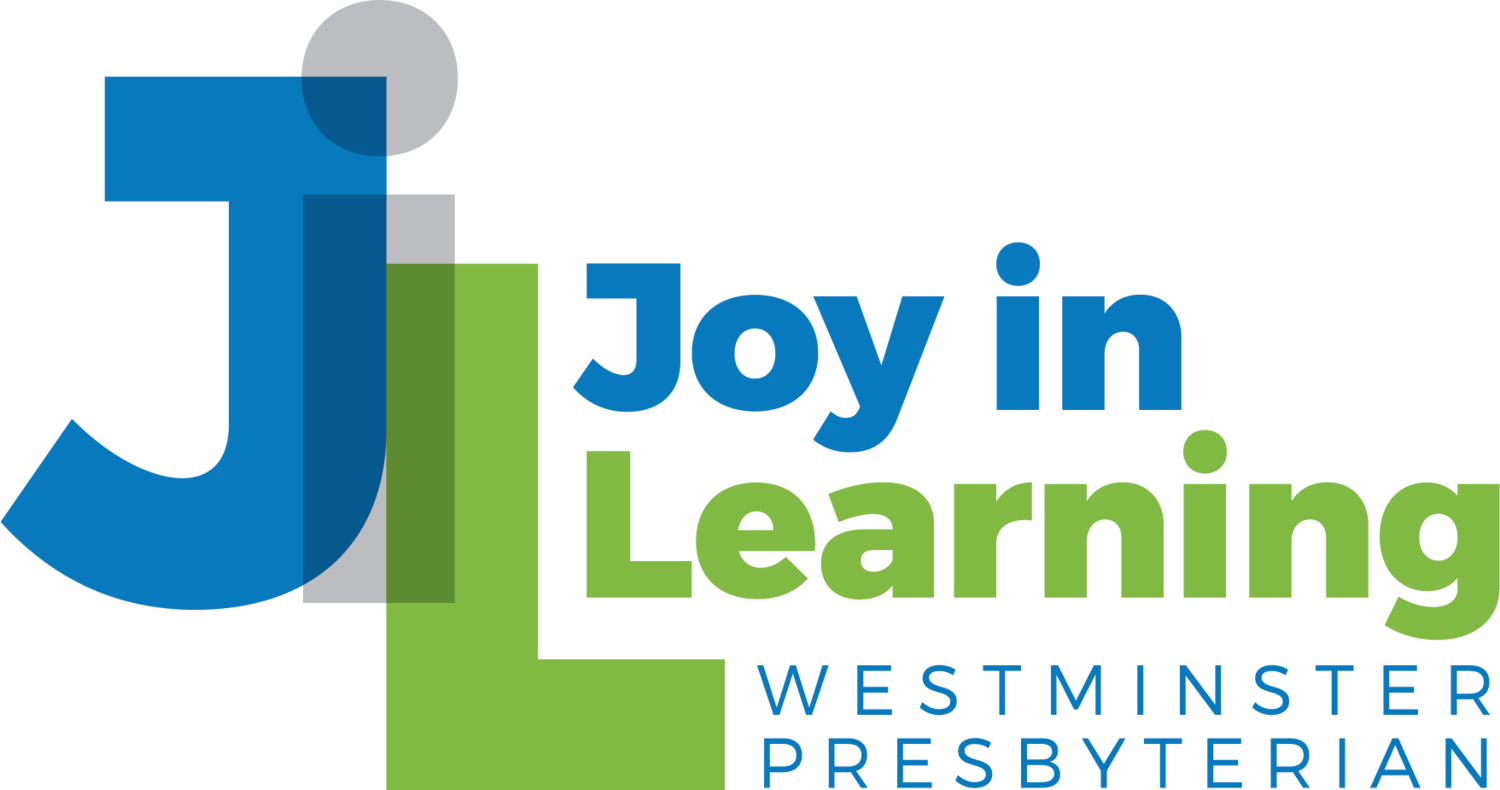Taijiquan (Tai Chi) Practice for Health and Fitness
Experience the benefits of Taijiquan play as you learn warm-up exercises, fundamental movements, and if you desire, the 37-posture, Yang-style “form.”
2025 Spring Schedule
Monday, Wednesday, and Friday
10:00-11:00 a.m.
RSVP to weekly email notifications.
Instructor: F Clark Williams
The classes are ongoing. Participants may attend as many or as few classes each week as desired to accommodate individual schedules and interests. The instructor sends weekly email reminders and occasional weather-related or other updates.
Classes include a range of instruction to accommodate both the beginner and the experienced.
Foundations: The “eight pieces of brocade” warmups, the four stances that are essential for movement, and breathing techniques suited for Taijiquan.
Fundamentals: “The eight ways” (movement critical to learning the form).
The Form: Working through the Yang-style, 37-posture form.
Benefits:
You may already be aware of the benefits attributed to the practice of Taijiquan and the growing body of research substantiating an increasing number of the attributions. Anecdotally, there are assertions that Taijiquan has benefitted players in the following ways:
Improved Balance
Improved Flexibility
Improved Coordination
Improved Core Strength
Stress Reduction & Improved Sleep
Improved Cognitive Function
Taijiquan players shift into the "ward off left" posture of the Yang-style, 37-posture form
Individuals who want to learn more about the health benefits of Taijiquan and its substantiation can find a wealth of information online. Harvard Health Publishing has several articles, including one regarding cognitive function. A simple query for “Tai Chi research articles” or “Tai Chi health benefits” can produce results providing an array of articles and resources. One NPR segment, in particular, offers insight into two elements that pertain to Taijiquan play. First, there is the benefit that derives from learning something new and/or endeavoring to get better at something that we already know how to do. The complexity of Taijiquan movement enhances this benefit.
Then there is the benefit associated with social networks. The simultaneous movement of players, as well as the sense of learning the movements as a group over time, creates among a cohort of players a lasting bond.
Principles:
The core principles of Taijiquan play involve “mind and body,” the concept of “yin and yang,” and the movement through the body of Qi (chee), which in traditional Chinese philosophy and medicine is the vital life force – or energy – that flows through the body. Individuals who want to learn more about how these elements merge in Taijiquan play may be interested in reading all or part of The Harvard Medical School Guide to Tai Chi, which not only addresses these fundamental elements but also lays out a strategy for Taijiquan play that can be used as a supplement to classes.
Method:
Taijiquan classes in the Joy in Learning program are designed to be enjoyable and rewarding. If they are not, then players won’t continue or practice on their own. One focus of the classes is on relaxing while executing each movement with intent. Another focus is on breathing. A third focus is on techniques that enable the mastery of complex movements. And over time, players who so desire will gradually – and sequentially – be instructed (using “one-plus-one” and “watch-follow-show”) strategies, in learning the postures of the Yang-style, 37-posture “short form.”
Taijiquan as Martial Art
Taijiquan has its roots in the martial arts, and there are instructors who teach it as such. Although our instructor’s focus is on health and fitness (including stress reduction), the fundamentals learned can be used as a base for those who want to later pursue the martial elements of the practice.
Protocols:
Given that some Taijiquan players have underlying conditions and/or compromised immune systems, class participants must be masked (KN95s or N95s required), “vaxxed,” boosted (when eligible), and distanced (to the extent possible). Player cooperation in these matters ensures a safer environment than would otherwise be possible. A limited number of masks are available on-site, but it is preferred that participants bring their own to ensure proper fit and desired level of comfort.
Individuals interested in upcoming classes should complete the form below, after which they will receive information from the instructor regarding building access and other matters.
You may be placed on a waitlist if the class is full. There are no fees.


